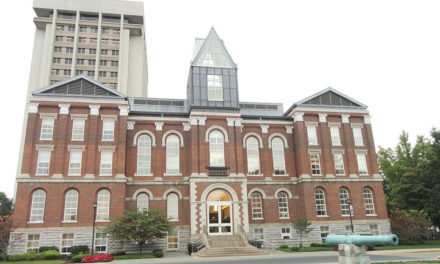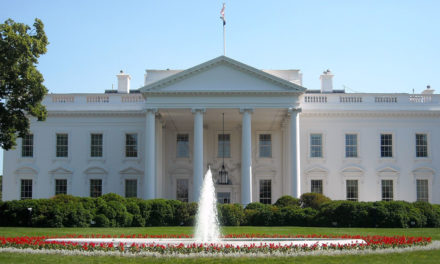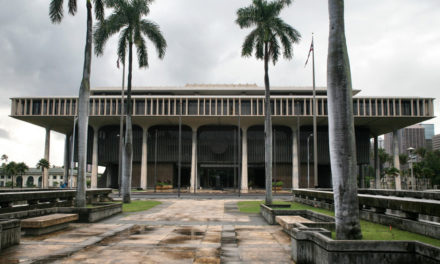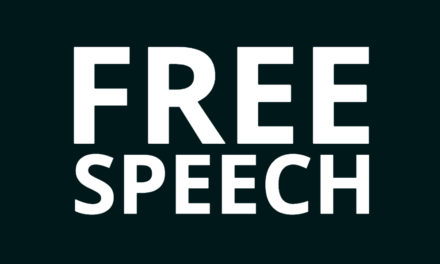A federal appeals court has upheld Texas’ law that prohibits large tech companies from censoring the speech of those who use its platforms.
The U.S. Court of Appeals for the Fifth Circuit has ruled in favor of Texas’ House Bill 20 (HB 20) which “generally prohibits large social media platforms from censoring speech based on the viewpoint of its speaker.”
HB 20 regulates social media platforms with more than 50 million monthly active users, like Facebook, Twitter and YouTube, and stipulates that these platforms “may not censor a user, a user’s expression, or a user’s ability to receive the expression of another person” based on the user’s viewpoint or geographic location.
The three-judge panel that ruled in the case included Judge Edith Jones, an appointee of former President Ronald Reagan, Judge Leslie Southwick, an appointee of former President George W. Bush, and Trump-appointee Judge Andy Oldham.
Judge Oldham wrote the majority opinion.
The first Amendment “protects every person’s right to ‘the freedom of speech.’ But the platforms argue that buried somewhere in the person’s enumerated right to free speech lies a corporation’s unenumerated right to muzzle speech,” Judge Oldham wrote (emphasis in original).
“The implications of the platforms’ arguments are staggering,” the judge added. “On the platform’s view, email providers, mobile phone companies, and banks could cancel the accounts of anyone who sends an email, makes a phone call, or spends money in support of a disfavored political party, candidate, or business.”
Judge Oldham added, “Today we reject the idea that corporations have a freewheeling First Amendment right to censor what people say.”
The ruling by the Fifth Circuit is a massive victory for free speech and sets up a potential showdown at the U.S. Supreme Court.
Earlier this year, the U.S. Court of Appeals for the Eleventh Circuit ruled that a similar Florida law which prohibits social media platforms from “deplatforming” political candidates was unconstitutional. The court ruled that “social-media companies – even the biggest ones – are ‘private actors’ whose rights the First Amendment protects.”
The Fifth Circuit has reached the opposite conclusion, thereby creating a “circuit split,” where one federal appeals court has ruled one way on the issue, while another has reached the opposite conclusion.
When this occurs, the U.S. Supreme Court is far more likely to step in to resolve the dispute.
Big Tech giants like Facebook and Twitter like to have their cake and eat it too. On the one hand, they argue that they are platforms for speech, and are therefore entitled to legal rights that protect them from being held liable for speech that occurs on their sites.
On the other hand, they frequently act like publishers by censoring and removing certain content that they don’t like. For example, Twitter removes any speech that doesn’t go along with today’s “gender ideology.” The Daily Citizen was banned from Twitter for months for violating Twitter’s rule in this area.
The Fifth Circuit rejected the idea that these companies can act like publishers while reaping the legal benefits afforded to platforms.
“The Platforms are not newspapers,” Judge Oldham concluded. “Their censorship is not speech … And HB 20 is constitutional because it neither compels nor obstructs the Platform’s own speech in any way.”
The Daily Citizen will keep you apprised of any important developments in this case.
The case is NetChoice v. Ken Paxton.
Related articles:
Justice Clarence Thomas: Social Media Companies Shouldn’t Get a Free Pass for Harms They Allow
Governor Ron DeSantis Signs Bill to Stop Big Tech Censorship
Texas Governor Announces Crackdown on Censorship by Social Media Companies
Photo from Shutterstock.






